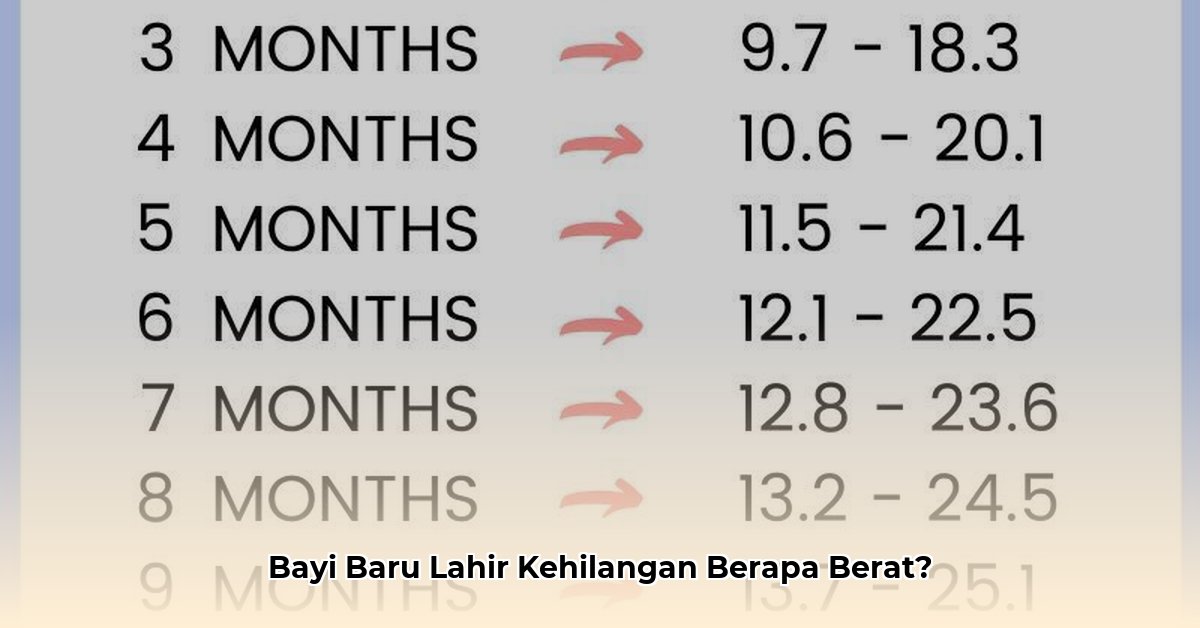
Why It’s Important to Monitor Newborn Weight Loss
After birth, newborns typically lose some weight due to fluid loss and adjusting to life outside the womb. Tracking this weight loss is crucial to ensure they’re getting enough nourishment and developing healthily.
Calculating Weight Loss Percentage
To calculate weight loss percentage, follow this formula:
Percentage Weight Loss = ((Birth Weight - Current Weight) / Birth Weight) * 100%
Normal Weight Loss Ranges
Breastfed Newborns: 7-10% of birth weight Formula-Fed Newborns: <5% of birth weight
Factors Influencing Newborn Weight Loss
- Feeding Practices: Breastfed babies tend to lose more weight than formula-fed babies due to easier breast milk digestion.
- Gestational Age: Premature babies lose more weight due to faster metabolism and less body fat.
- Health Conditions: Hypoglycemia, dehydration, infections, and birth trauma can contribute to weight loss.
Tracking Weight Loss
- Weigh your baby daily or every other day using a calibrated scale.
- Weigh at the same time each day for consistency.
- Keep a record of your baby’s weight and diaper output.
When to Seek Medical Advice
- If your baby loses more than 10% of their birth weight.
- If weight loss continues after the first week of life.
- If weight gain is slower than expected.
Importance of Accurate Weight Loss Calculations
Accurate weight loss calculations help healthcare professionals:
- Monitor baby’s overall health.
- Identify feeding problems early on.
- Make timely interventions to optimize weight gain.
- Ensure baby is on a healthy developmental trajectory.
Conclusion
Calculating newborn weight loss is essential for monitoring their well-being. Regular weighing, accurate calculations, and understanding the normal ranges are crucial for ensuring your baby’s optimal growth and development. If you have concerns about your baby’s weight loss, don’t hesitate to seek professional medical advice.